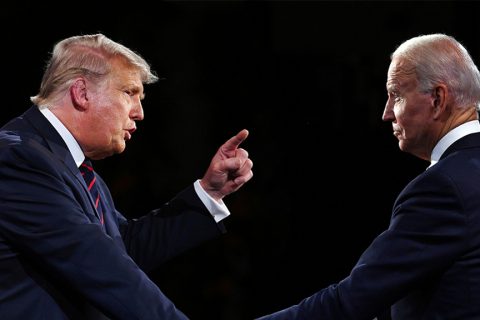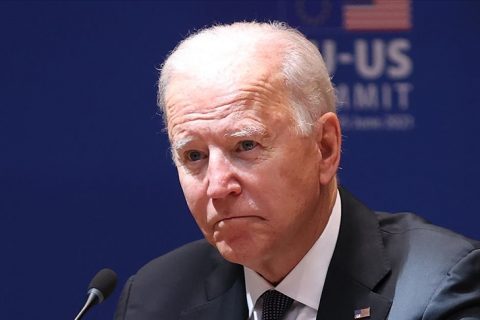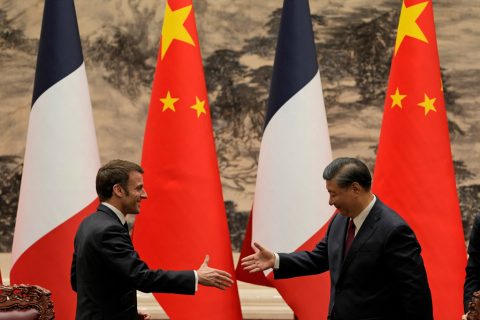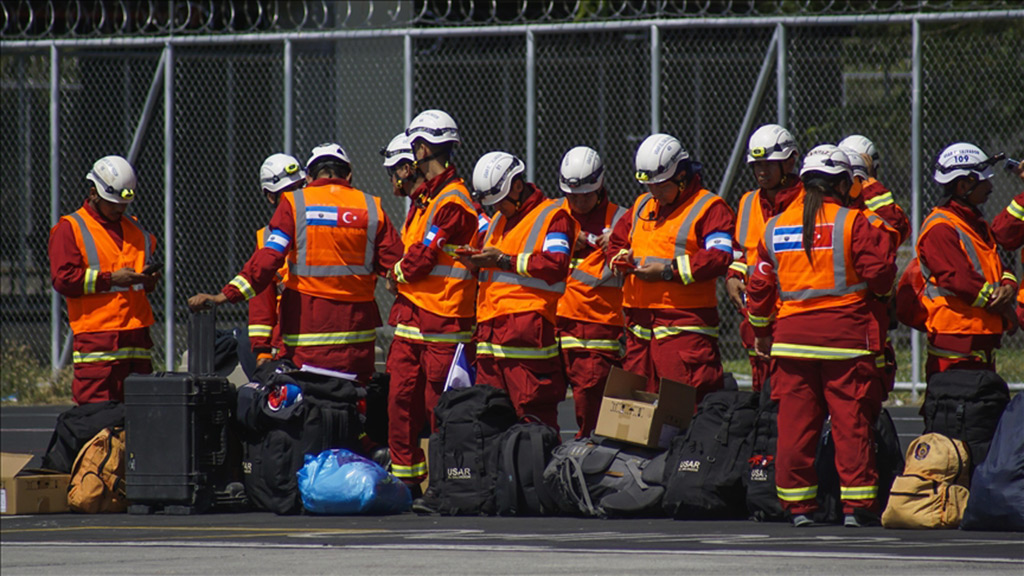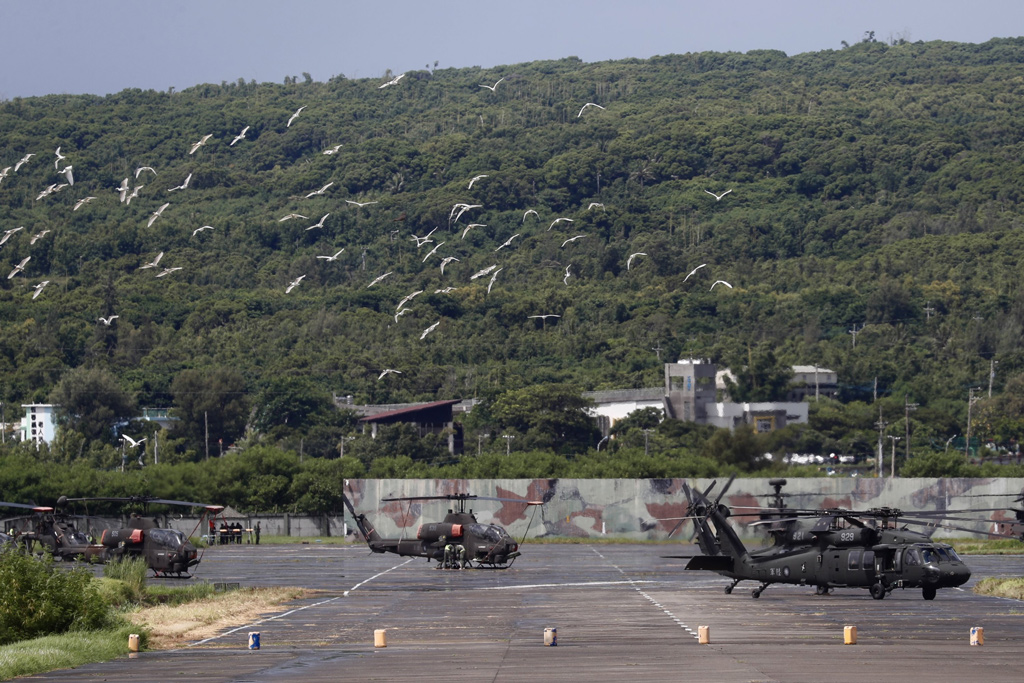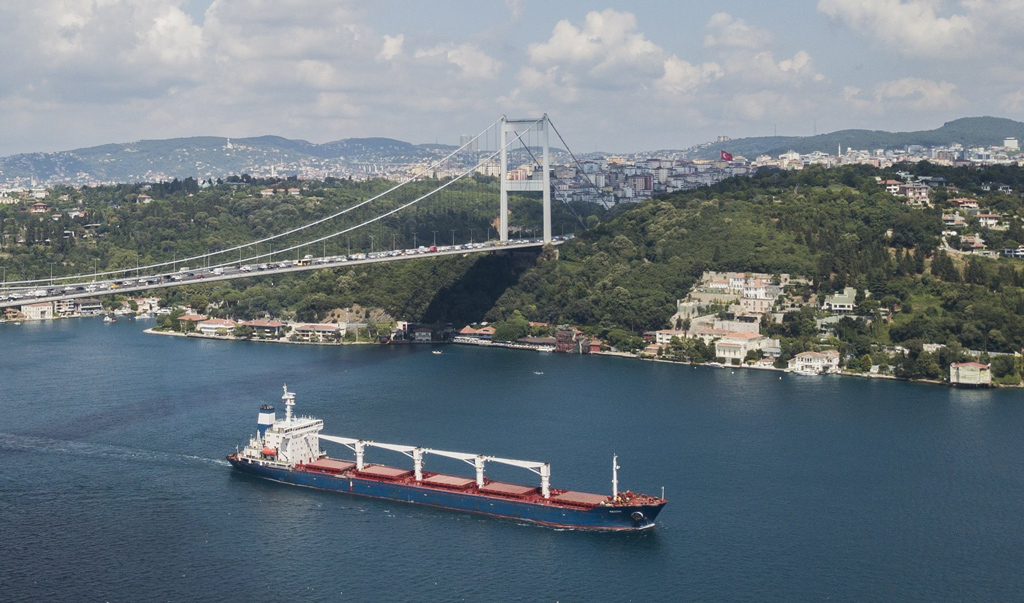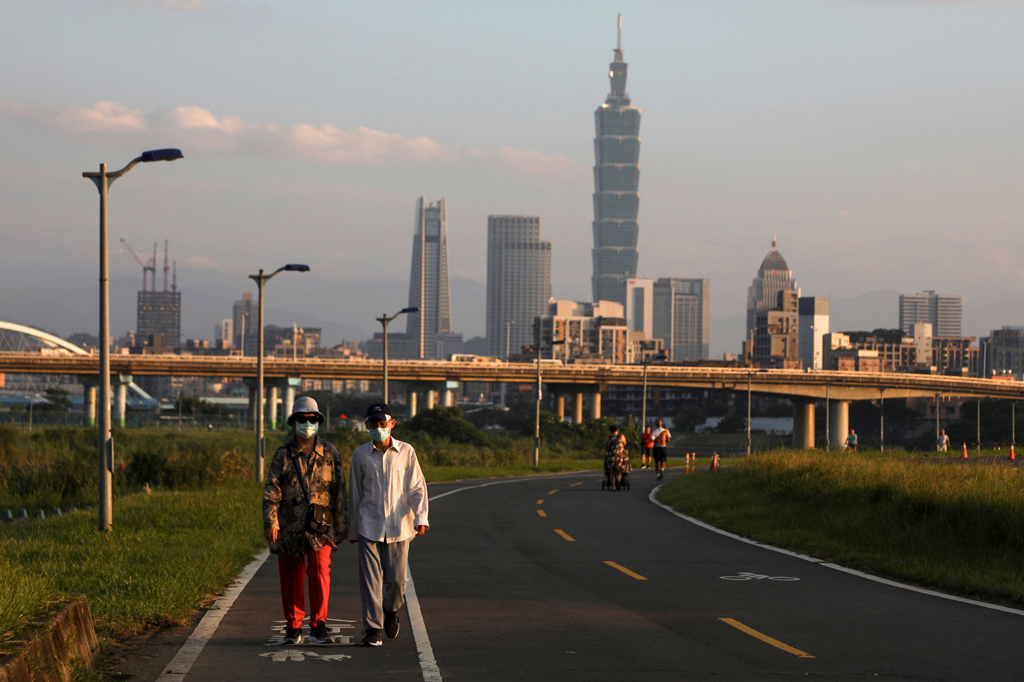Taiwan
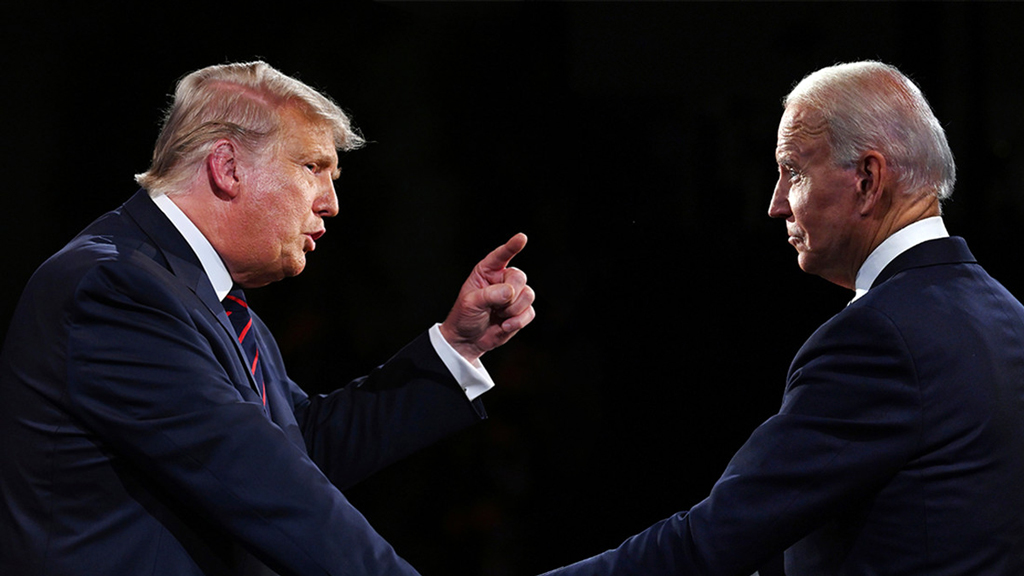
Biden’s helplessness and Trump’s destructiveness
| OpinionRepresentative Mike Johnson, the majority leader of the House of Representatives, became the latest political …
-
Opinion
Biden’s helplessness and Trump’s destructiveness
By Kadir ÜstünRepresentative Mike Johnson, the majority leader of the House of Representatives, became the latest political casualty of former President Trump this week with two significant defeats. Johnson's attempt to remove Secretary of Homeland Security Mayorkas failed due to three Republican representatives voting against it. Subsequently, Johnson's move to vote on a $17.6 billion aid package for Israel also failed with opposing votes from both parties. Johnson's lack of political leadership experience is among the significant reasons for this situation. Trump's reluctance to resolve issues such as the immigration crisis and Israel in Congress, which he wanted to use in his presidential election campaign, makes it difficult for Republicans to act unitedly. When the legislative process becomes election-oriented, Congress cannot produce solutions or shake off its dysfunctional image.
-
Opinion
US foreign policy outlook in 2024
By Kadir ÜstünThe year 2023 began relatively strong for the U.S. in terms of its claim to global leadership in foreign policy. However, due to a strategic blind spot in the context of the Gaza conflict, it ended on a disappointing note. In the upcoming year, it is not difficult to predict that the Biden administration will attempt to diminish this loss of reputation. However, President Biden's unwavering support for Israel poses a significant obstacle. While Washington acknowledges the unsustainability of this stance, overcoming it to influence Israel's "war cabinet" will require more than leaking discontent to the press. In 2024, Biden must shift his focus from providing ideological support to Israel and concentrate on repairing America's political interests and reputation. Failing to do so will hinder his ability to unite his party or establish superiority in the power struggle with Russia and China.
-
Opinion
France’s stance on Taiwan: Macron backs the ‘status quo’
By Hacı Mehmet BoyrazThe tension in the Indo-Pacific region is escalating day by day due to steps adopted by the United States concerning the Taiwan issue. Washington aims to wear out China, with which it is engaged in global competition, and to besiege it in the Pacific. In light of the latest developments, which pose a high risk in terms of global security and stability, the possibility that the crisis may turn into a war has sparked fear. This has left many to wonder how European countries will react if China decides to attack Taiwan.
Bu Konuda Daha Fazla
-
Türkiye’s Call for International Assistance and the International Community’s...
By Yücel Acer By Deniz OkumuşNatural disasters, wars, and economic collapse tend to seriously undermine social order and make it impossible to address even people’s most basic needs. During such periods, it becomes difficult for communities to feed themselves, find shelter, receive medical attention, relocate, and communicate with others. Individuals and communities have provided emergency assistance to such individuals, without expecting anything in return, to address basic needs like food, shelter, and medical treatment throughout history.
-
Taiwan crisis and heightened Western-Chinese rivalry
By Muhittin AtamanThe renewed Taiwan crisis, which is at the core of the hottest developments to arise in the U.S.-China rivalry, has revealed the great power struggle between Washington and Beijing
-
Two straits and the great power competition
By Burhanettin DuranAs the great power competition gains momentum, Turkish President Recep Tayyip Erdoğan meet his Russian counterpart, Vladimir Putin, in Sochi. The items on today’s agenda include the grain corridor, Ukraine, Syria and bilateral relations, starting with economic cooperation.
-
Taiwan: 1st COVID-related fallout in US-China relations
By Kılıç Buğra KanatWhen the coronavirus outbreak started to spread around the world in February, there were a lot of debates about the pandemic's potential implications on world politics and the international system. Some thought that the outbreak will be transformative for the international system. According to them, the outbreak could change the balance of power in the world by changing the main dynamics. However, their viewpoints were challenged by a different group of scholars.
-
US-China trade war: A big bluff or not?
By Kılıç Buğra KanatThe trade war between the U.S. and China will not remain confined to the two, but could have huge impacts on many other actors in the global system
